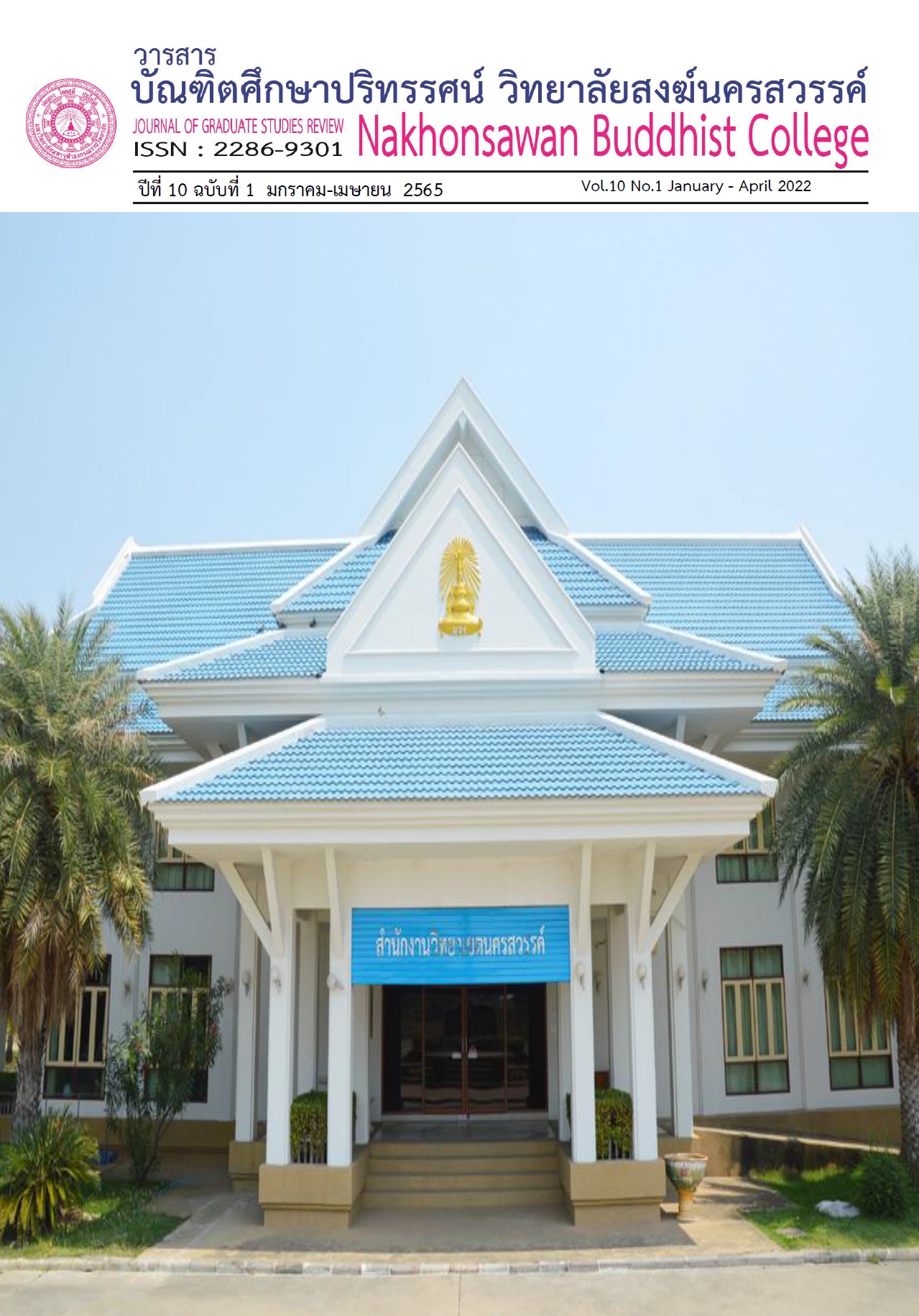Legal Measures for Being a Pastor According to the Sangha Act, B.E. 2505 and officials according to the criminal code
Main Article Content
Abstract
This research, due to being an abbot's official, it is unclear which of the abbot's offenses under the Criminal Code for being an abbot have been interpreted a case-by-case manner with the Supreme Court's judgment. Importantly, later, there is a definition of the word “Official" under Section 1 (16) of the Criminal Code, stipulates that 1) Be a person designated by the law as an official, or 2) Be a person who has been appointed to perform official duties whether on a regular basis for from time to time, regardless of whether they are paid or not. But the problem of which about is an official. Therefore, the statute for the abbot to act without explicitly is considered an action as an official or not is a problem at present. This research is documentary research by conducting studies and research data from the Tripitaka, the Constitution of the Kingdom of Thailand Buddhist Era 2560 (A.D. 2017), the Criminal Code, the Sangha Act B.E. 2505 (A.D. 1962), Supreme Court Judgement, Books, Textbooks, Academic Papers, Theses and Related researches with purpose: 1) Be an official of the abbot. 2) Problems and obstacles in the performance of the abbot's duties in compliance with the powers and duties as an official under the Sangha Act B.E. 2505 (A.D. 1962). 3) Comparative Analysis of the duties of the abbot according to the Criminal Code.


